J40 & Community Engagement Toolkit
Research Development
DOE Proposal Development for Justice40
U.S. Department of Energy (DOE) proposals now include requirements that projects document their approach to community benefits & engagement, diversity, equity, inclusion and access (DEIA), workforce development, and environmental justice. Each funding opportunity announcement (FOA) is unique. Some require separate documents, while others bundle these themes into one umbrella document (such as a Community Benefits Plan). In order to keep the Mines research community current and provide adequate support, Dr. Jessica Smith has compiled the resources in this toolkit. She and others have also provided workshops to help Mines’ researchers better understand these requirements and how to incorporate this plan into their project effectively. The workshop recordings can be found on our past events webpage or by accessing the toolkit using your Mines credentials.
The material in this toolkit is in no way a replacement for the value and competitiveness you bring to your proposal by adding a social scientist to your project team. Still, this toolkit is designed to help get you started and to understand the complexities of these DOE requirements for your proposal submission.
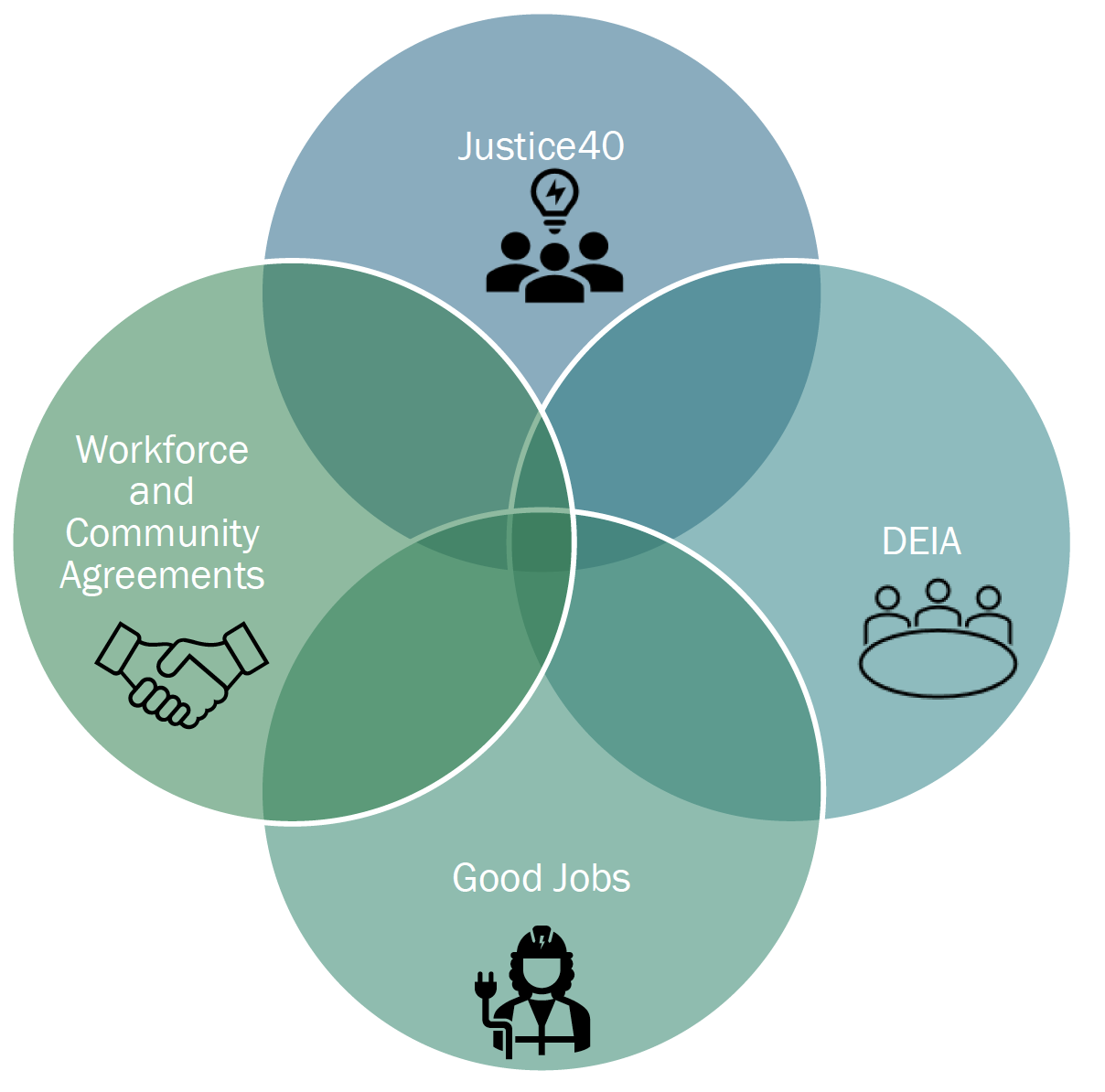
DOE Requirements
As the DOE itself spells out, these documents must go beyond restating organizational policies and must be uniquely written for each proposal, as they depend on project specificities. For example, there is not one template Justice40 (J40) assessment for carbon capture in Colorado because each project will make different decisions about the technologies being used, where the projects are sited, how stakeholders have been integrated into project planning, etc.
Most of these documents are aimed at helping program officers assure that their portfolio meets federal Justice40 requirements, which you can read more about in the 101 Justice40 document. Keep in mind that the goal of J40 is to ensure that 40% of the benefits (not 40% of the budgets) of federal programs benefit underserved populations. Your proposal will have a better chance of being funded if you can help your program meet that goal.
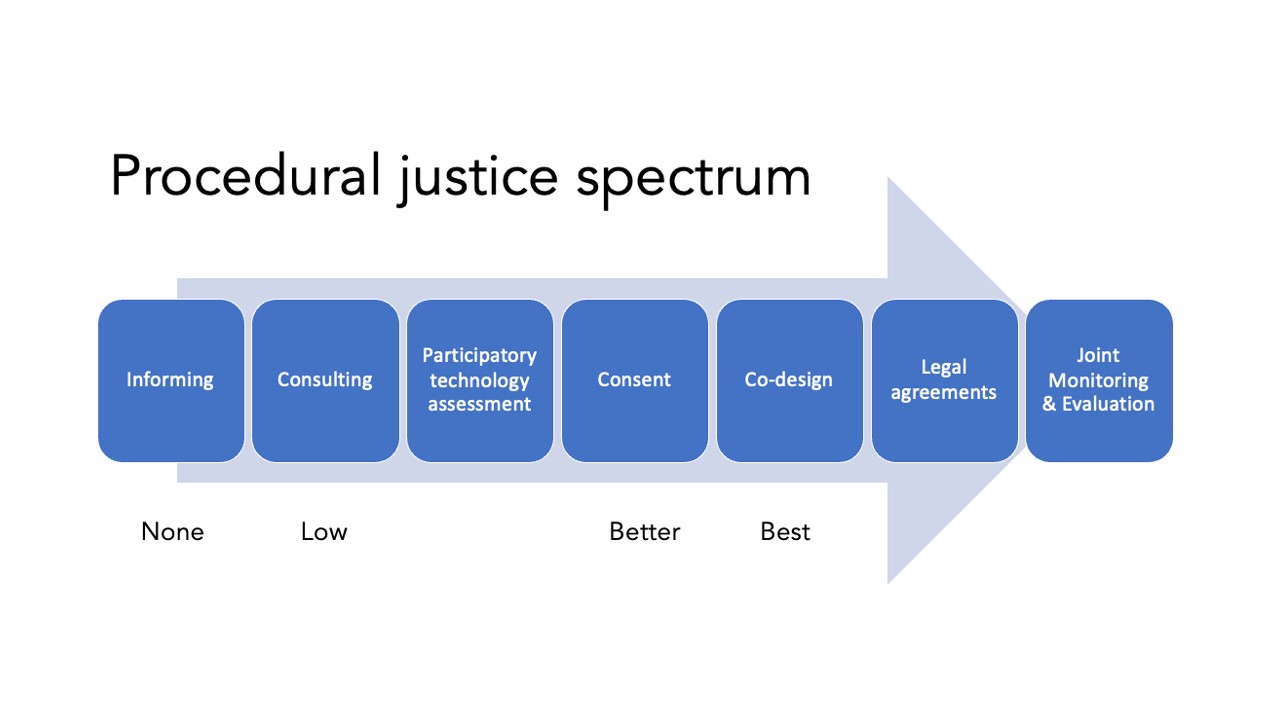
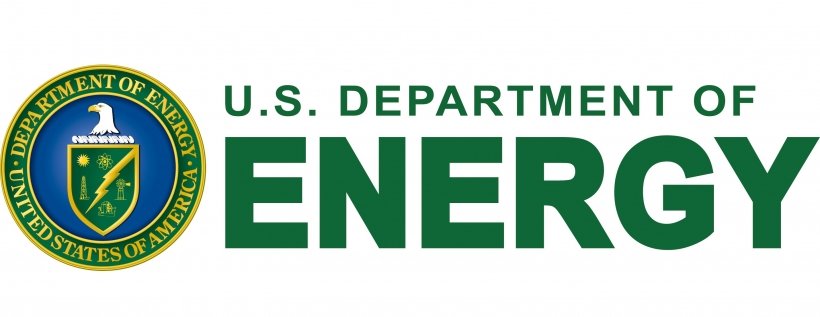

Full toolkit of all shared documents
The following shared files will bring you to the full toolkit and Workshop recordings. You will need to click the link below and use your Mines login credentials to access the files.
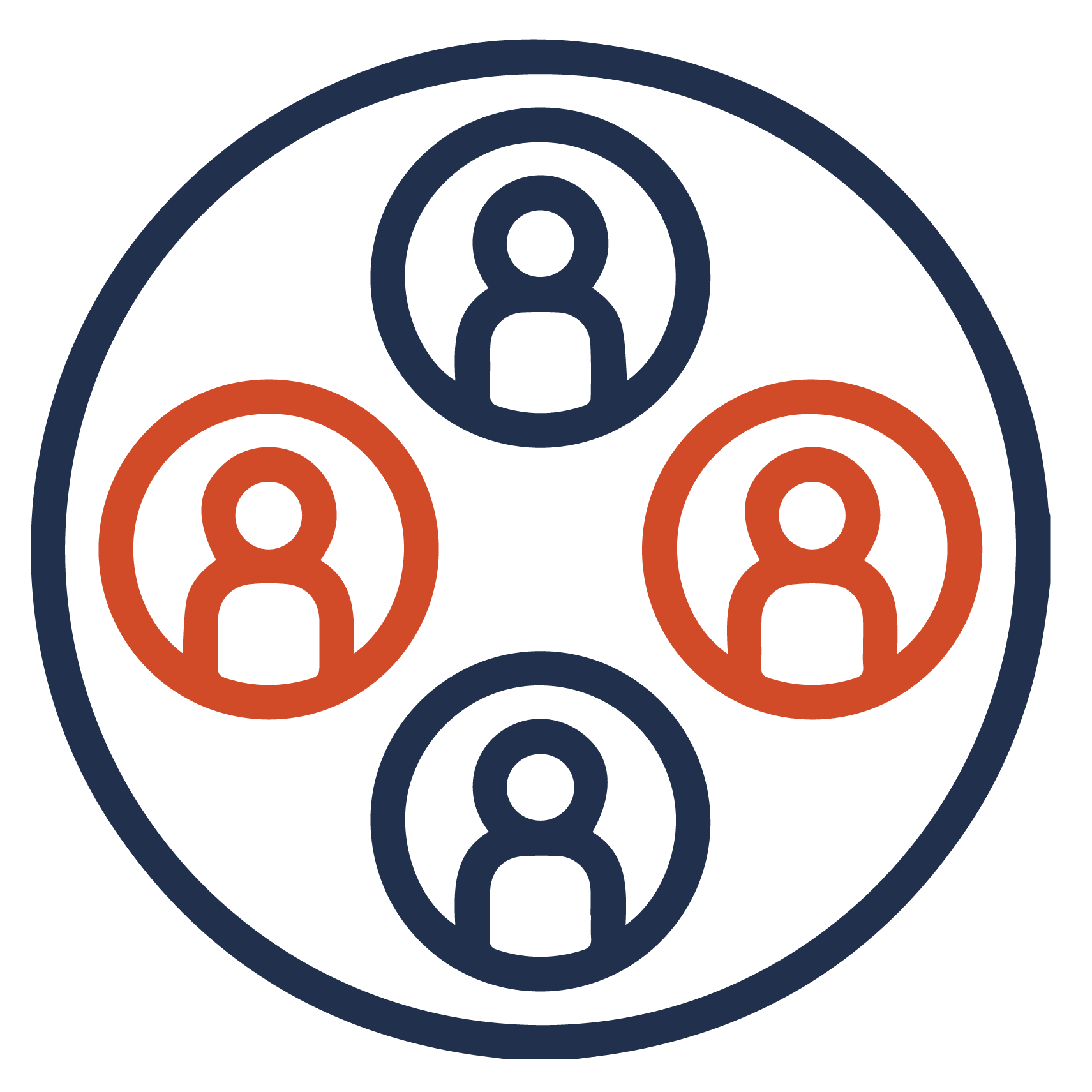
Environmental and Energy Justice Resources
DOE is committed to ensuring that the principles of environmental justice (EJ) are applied to all the DOE’s programs, policies, and activities. Environmental justice is the fair treatment and meaningful involvement of all people, regardless of race, color, national origin, or income, with respect to the development, implementation, and enforcement of environmental laws, regulations, and policies. Fair treatment means that no population bears a disproportionate share of negative environmental consequences resulting from industrial, municipal, and commercial operations or from the execution of federal, state, and local laws; regulations; and policies. Meaningful involvement requires effective access to decision-makers for all, and the ability in all communities to make informed decisions and take positive actions to produce environmental justice for themselves. The file link below provides some guidance on these types of plans. Please use your Mines credentials to access these files.
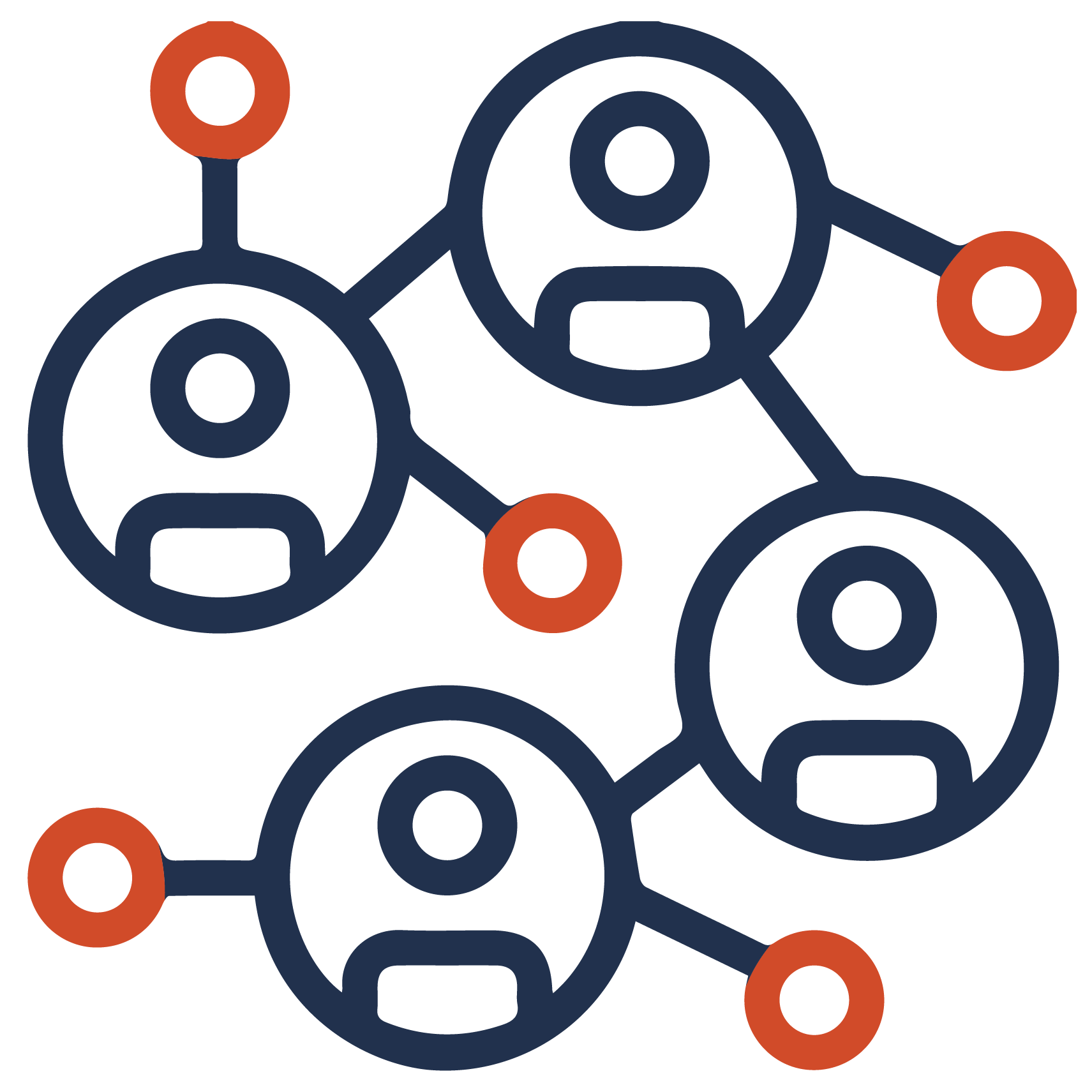
Community Benefits & Engagement Resources
DOE is dedicated to communicating accurate and timely information to communities to protect human health and the environment. DOE is also committed to transparency, integrity, and empathy in all its work. For these reasons, a competitive proposal should include a Community Benefits Plan (CBP), either to fulfill the FOA requirements outlined or as part of your integrated community engagement plan.
The DOE has released a CBP Template and two informational videos specifically on Community Benefits Plan 101 and R&D Community Benefit Plans. The file link below also provides some guidance on these types of plans. Please use your Mines credentials to access these files.
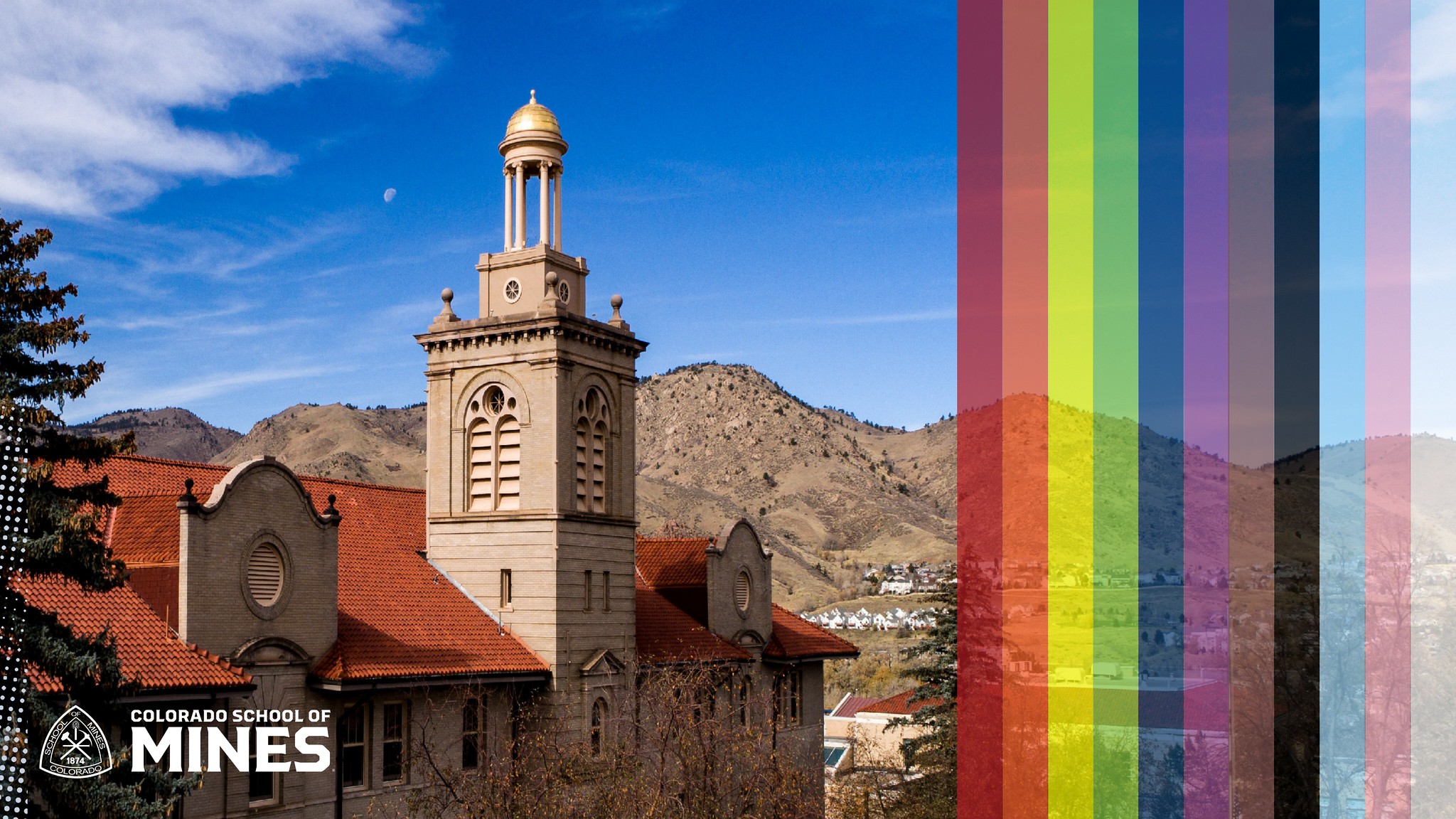
DEIA Toolkit
DEIA toolkit provides resources to help PIs plan and write about their DEIA proposal activities. Dr. Amy Landis has designed this section of the Community Impacts Toolkit to provide resources to help guide PIs in better understanding these requirements and how to incorporate and write DEIA proposal activities into their project effectively.
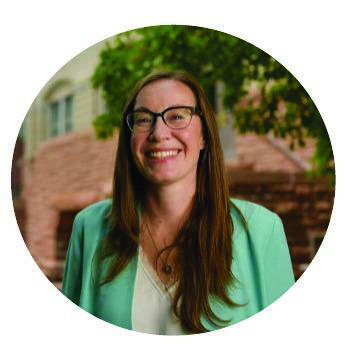
Dr. Jessica M. Smith is an anthropologist and Science and Technology in Society (STS) scholar whose research interests center on energy, engineering, and public accountability. She is a Professor in the Engineering, Design & Society Department at the Colorado School of Mines, where she also was the inaugural director of the Humanitarian Engineering and Science graduate program. Her book, Extracting Accountability: Engineers and Corporate Social Responsibility, was published open access by The MIT Press in September 2021 and was funded by a Cultivating Cultures for Ethical STEM grant from the National Science Foundation. Professor Smith holds a PhD in anthropology and graduate certificate in women’s studies from the University of Michigan and a BA from Macalester College, where she majored in anthropology, international studies, and Latin American studies.